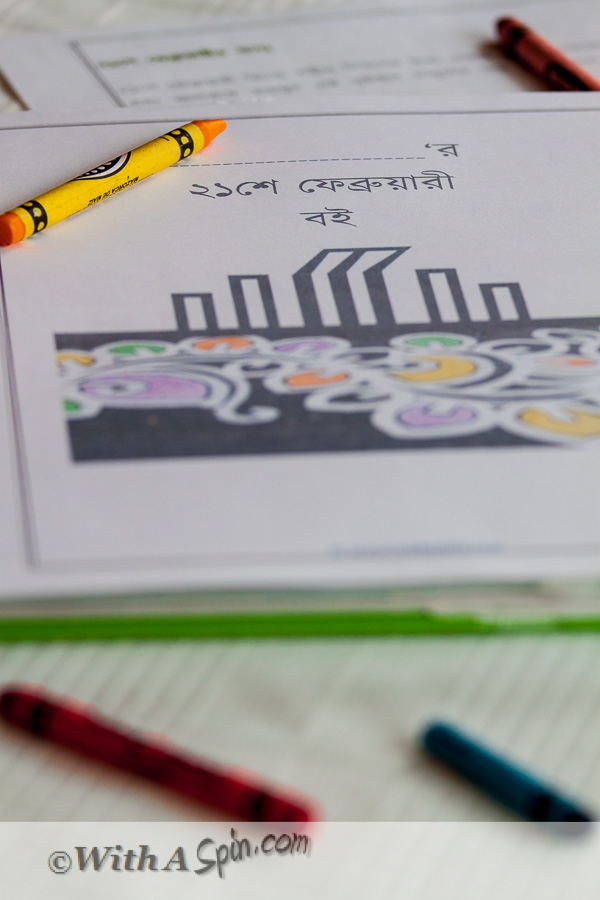
In Bengali, the translation for 21 is “ekush” and “ekushe” means 21st. In Bangladesh, ekushe is also synonyms with 21st February or “Ekushe February”, the celebration of Bengali Language Movement. The day is a celebration to honor those who sacrificed their lives on 21st February, 1952 to advocate the recognition of the Bengali language as an official language of the then dominion of Pakistan. February is also celebrated as International Mother Language Day worldwide to promote awareness of linguistic and cultural diversity and multilingualism.
In the world history, no other nation had to struggle so significantly and shed so much blood to be able to hang onto their right to speak their Mother Tongue.
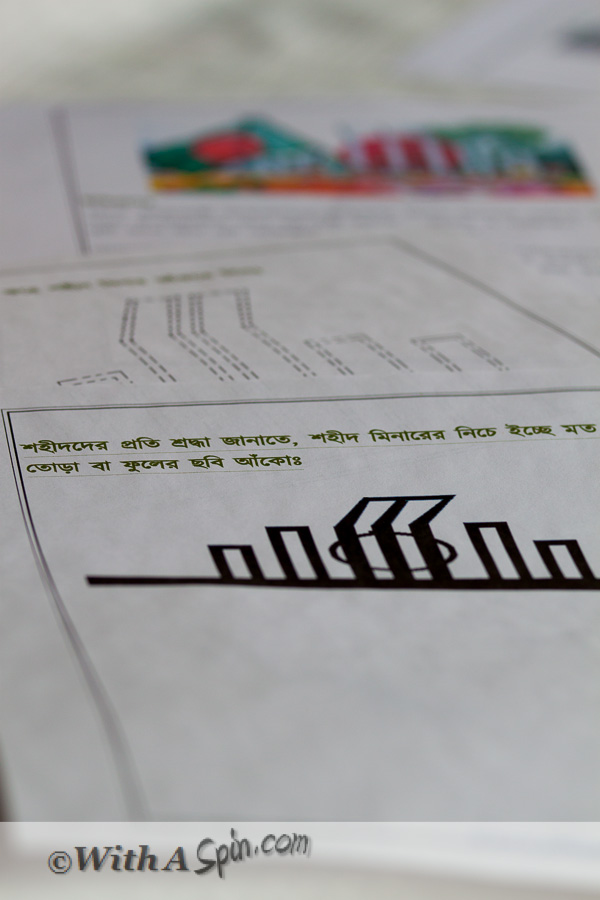
The Bengali Language Movement was a political movement to advocate the recognition of the Bengali language as an official language and allow its use in government affairs, and demand the continuation of its use as a medium of education, in media, currency, stamps, and to maintain its writing in the Bengali script.
To receive a FREE copy of the workbook, subscribe here to With A Spin.
The day is a public holiday in Bangladesh. At the break of dawn, silent mourners from all walks of life walk barefoot and go to the Shaheed Minar (martyrs’ monument, a symbol for International Mother Language Day) to lay flowers out of respect to the martyrs. The celebration also includes a month long book fair a.k.a “Ekushey Boi Mela”. It is the cultural reunion of Bangladesh.
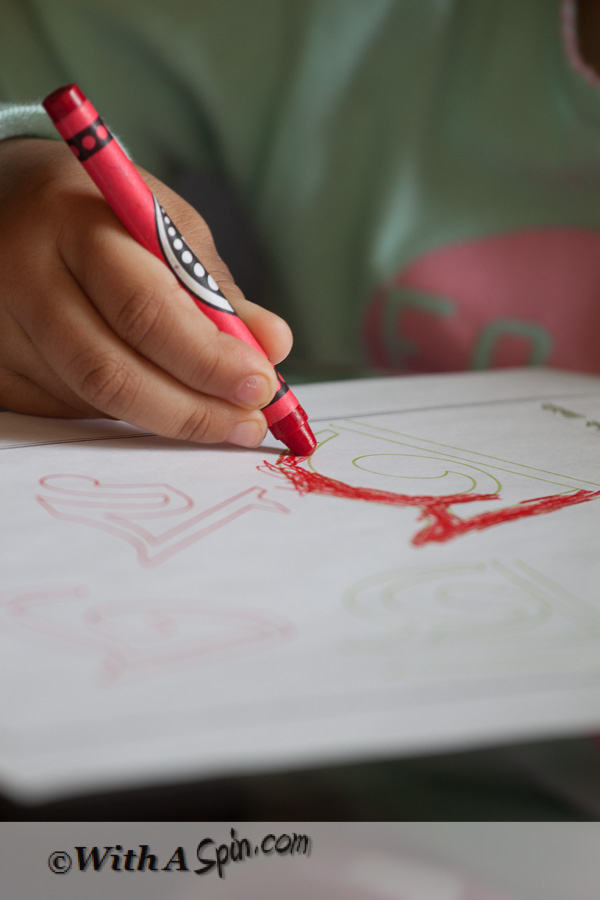
Having migrated to the US during my late teen years, I have been Americanized in many ways and truly value the American culture. However, I deeply value and uphold my Bangladeshi roots – the language, the culture, the traditions as well. As an immigrant parent, I am well aware of the struggle and pressure on children born to immigrant parents and try to balance it out for R. We taught R English before Bengali because we didn’t want her to struggle communicating with the nannies who were taking care of her while we were working. When she turned 2, we started teaching her Bengali and now she is almost fluent in both. Similarly, we want her to take the best from the American culture but also learn and value the roots of her parents; the history, the culture, the traditions that defines us. It is not easy, and it is not going to be.
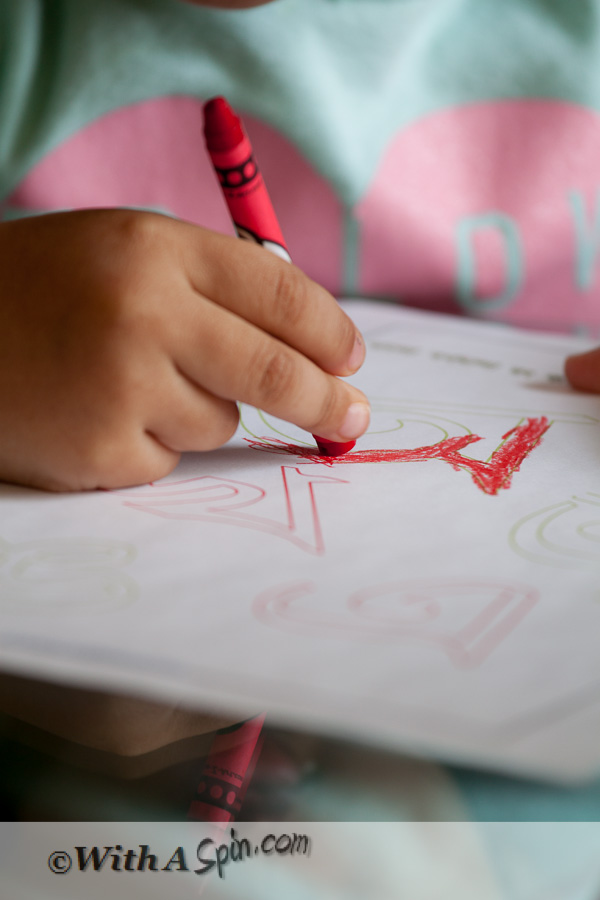
With that motive, I was looking for ways to easily teach R the Bengali language and its history. It is easy living abroad and not taking the trouble to teach our children a language that was literally fought for or the culture they don’t experience first hand. But it would be baffling to not do so. So what a mother can do to ease the learning experience? A mother can only try. After frantic and failed searches for tools and aids to teach her things that a three and half year old can relate to, I tied myself down and started creating tools she will enjoy.
R loves when we read to her, she loves to draw and color. She loves to sing and play. This workbook about Ekushe February has it all. It is a learning aid that a kid like her will enjoy all the while absorbing a whole lot about the history of the Bangla language. It is one of the many tools I have started to create for her. She is my inspiration. Also, I want to thank my cousin Jayid Alam, who just migrated and is a freshman in college, for helping me with some of the ideas and editing the workbook.
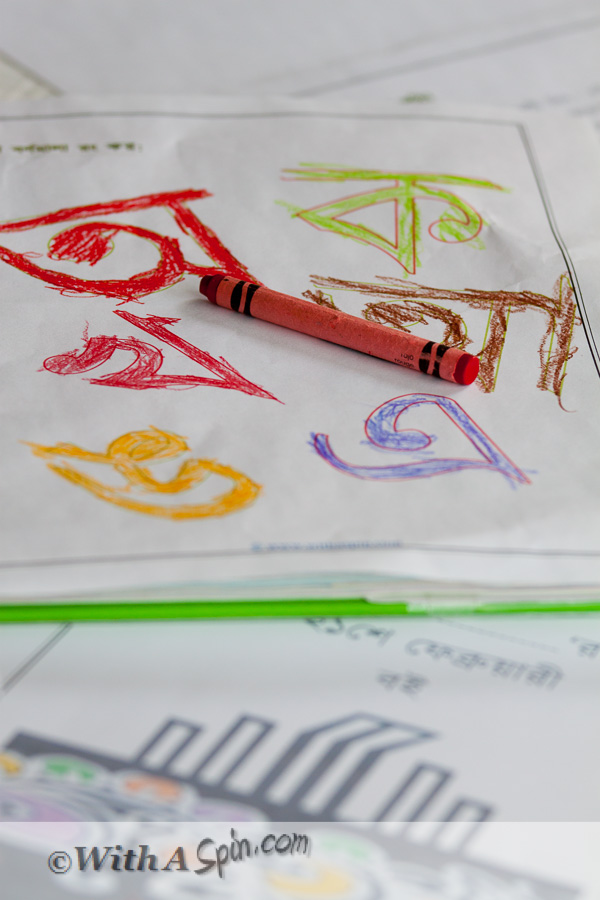
To my loving and the most amazing three year old daughter who loves to read, learn, draw, color and sing. This is for you and all the other kids to experience learning about the Bengali Language Movement in your own way. I hope learning about the roots of your parents will help excel even more in the culture you are growing up.
P.S. To receive a FREE copy of the workbook, subscribe here to With A Spin.

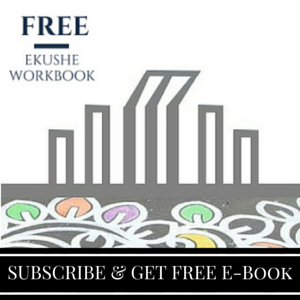

Great post. Thanks for sharing!
My pleasure! Thank you.
My pleasure!
Great initiative!
Thanks a lot, Nahar. Means a lot!
What a lovely project you’ve come up with! This is a great way to teach your little one about their roots. Love it!
Thank you!
Great blog… as a mum to 2 x mixed heritage Bengali-British children I love this blog.
Thank you so much for your kind words, Dina. I’m glad that the blog is helpful to you. Feel free to let me know if there is anything in particular you would love me to post on the blog. Best wishes.
Salaam. Do you recommend any learning materials for teaching Bangla to kids? As a first generation Bangladeshi American, my bangla is very poor, but I have always wanted to make sure my children know how to speak and read so that they are connected to their heritage. Do you have anything you could recommend?